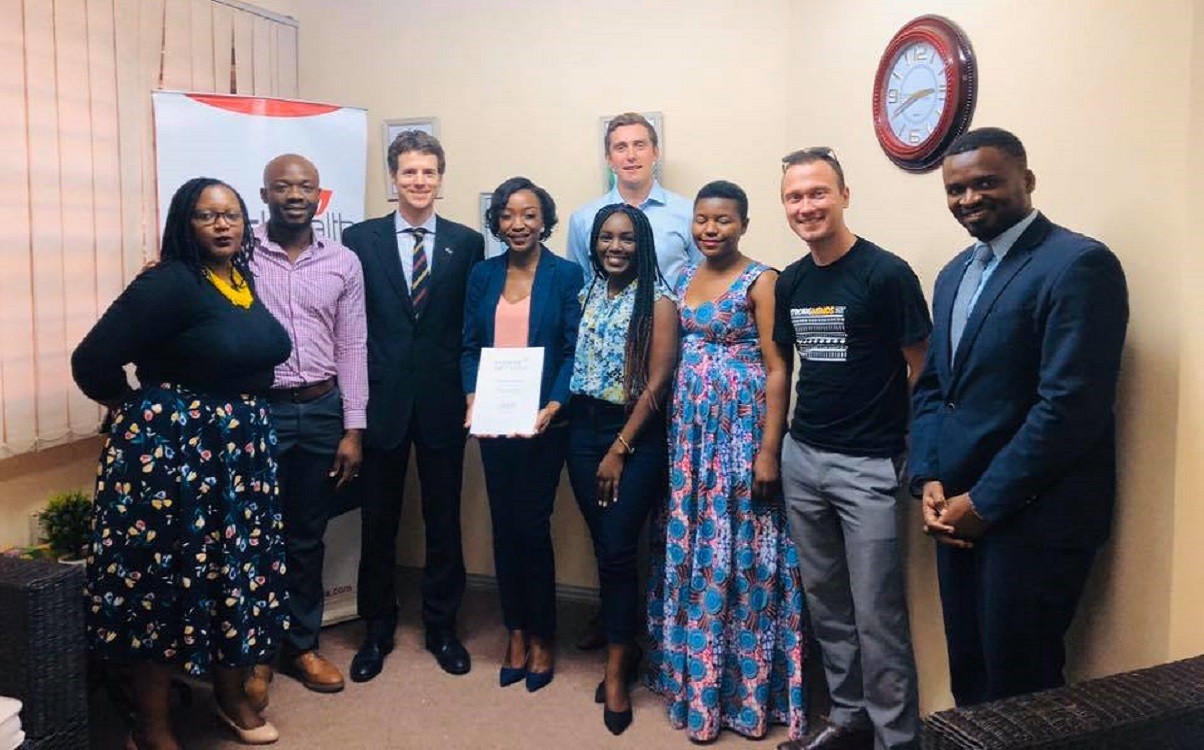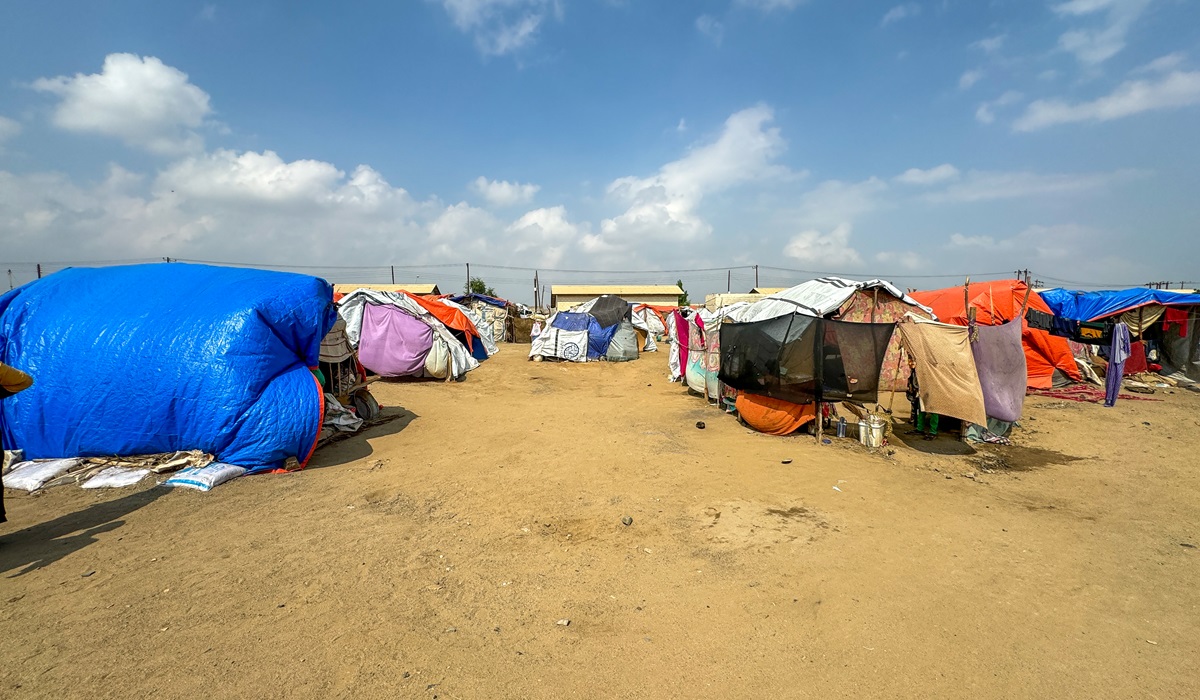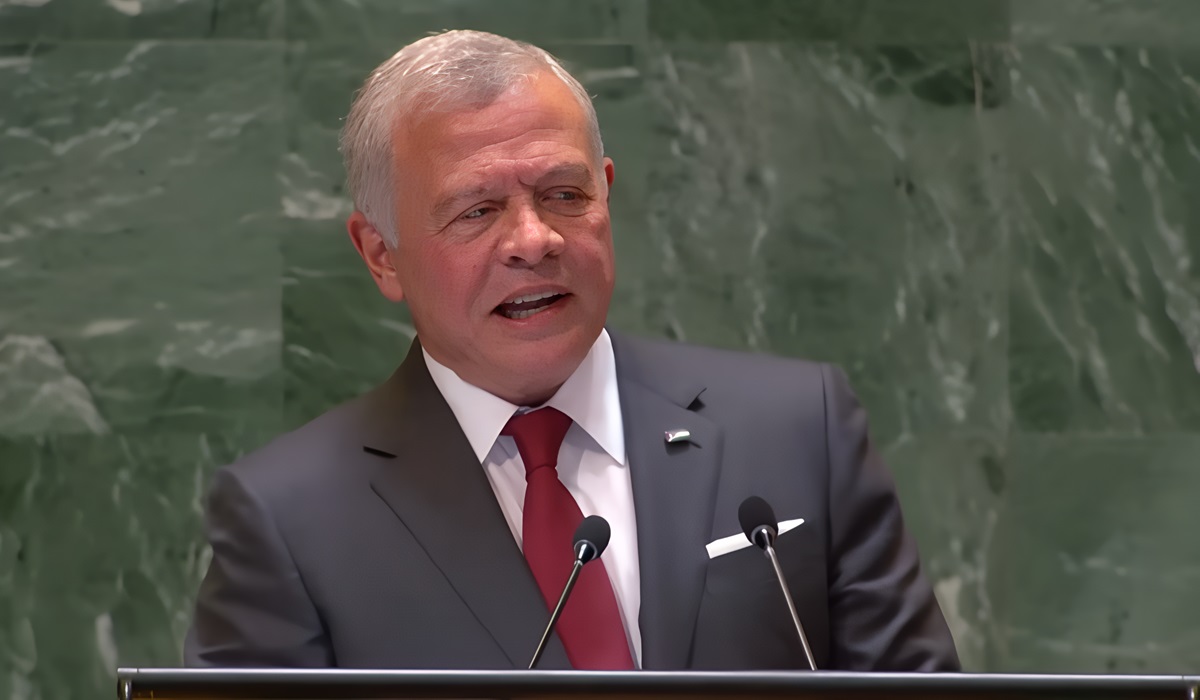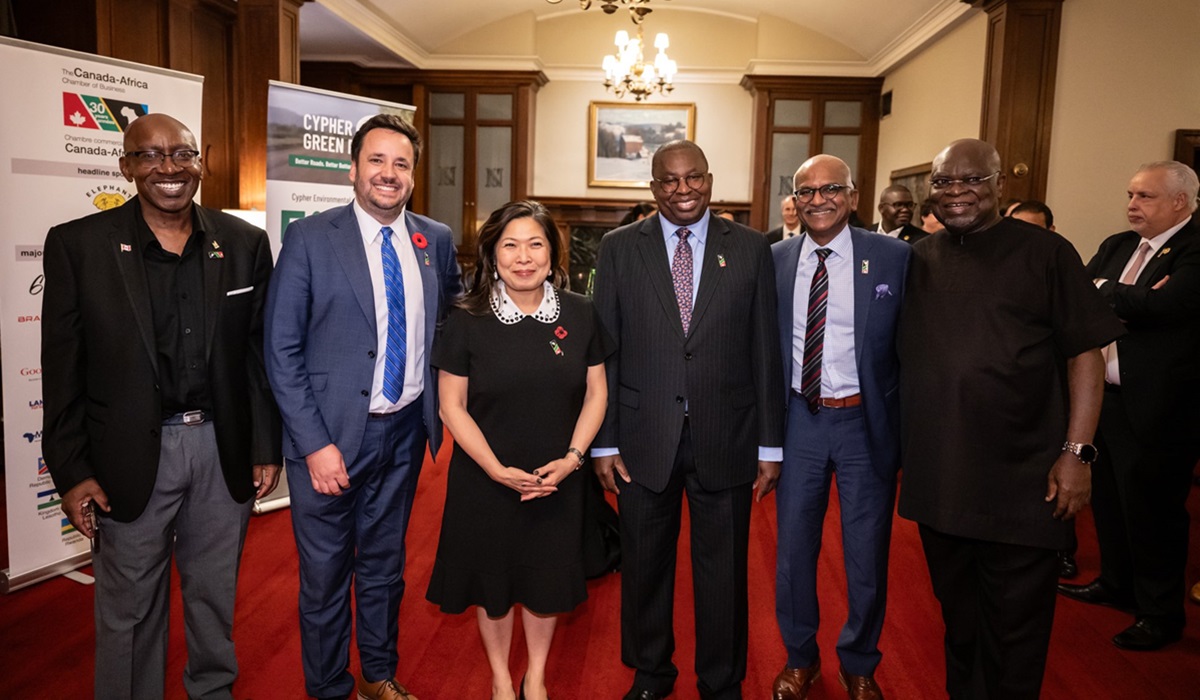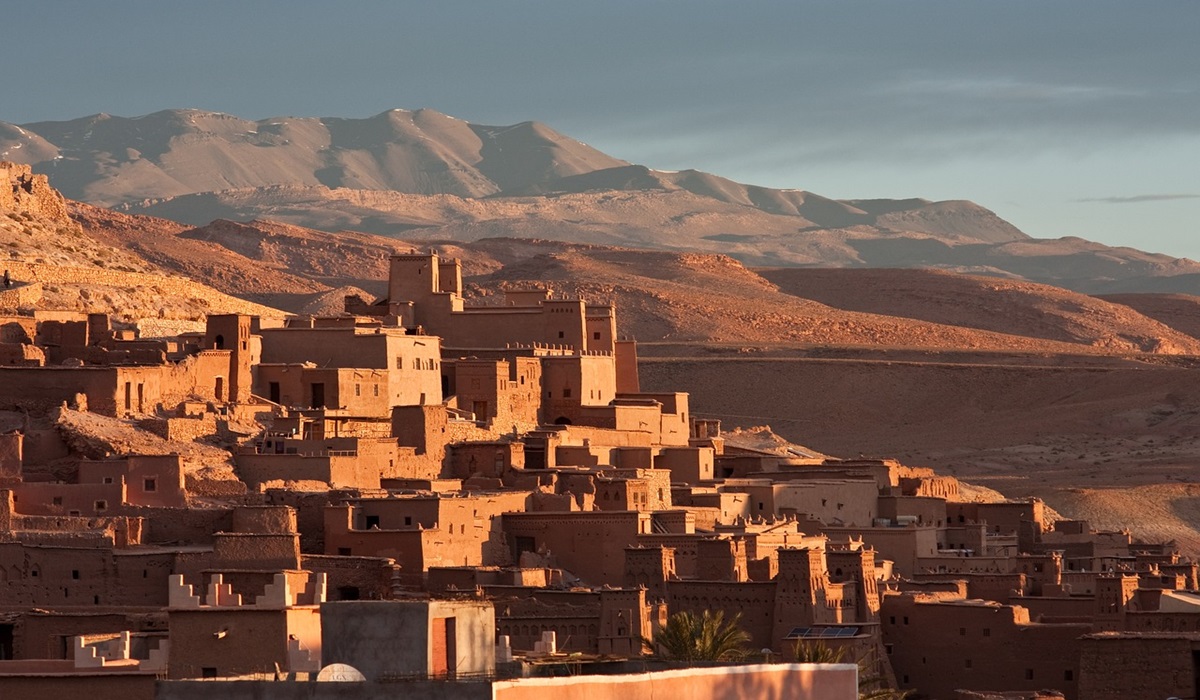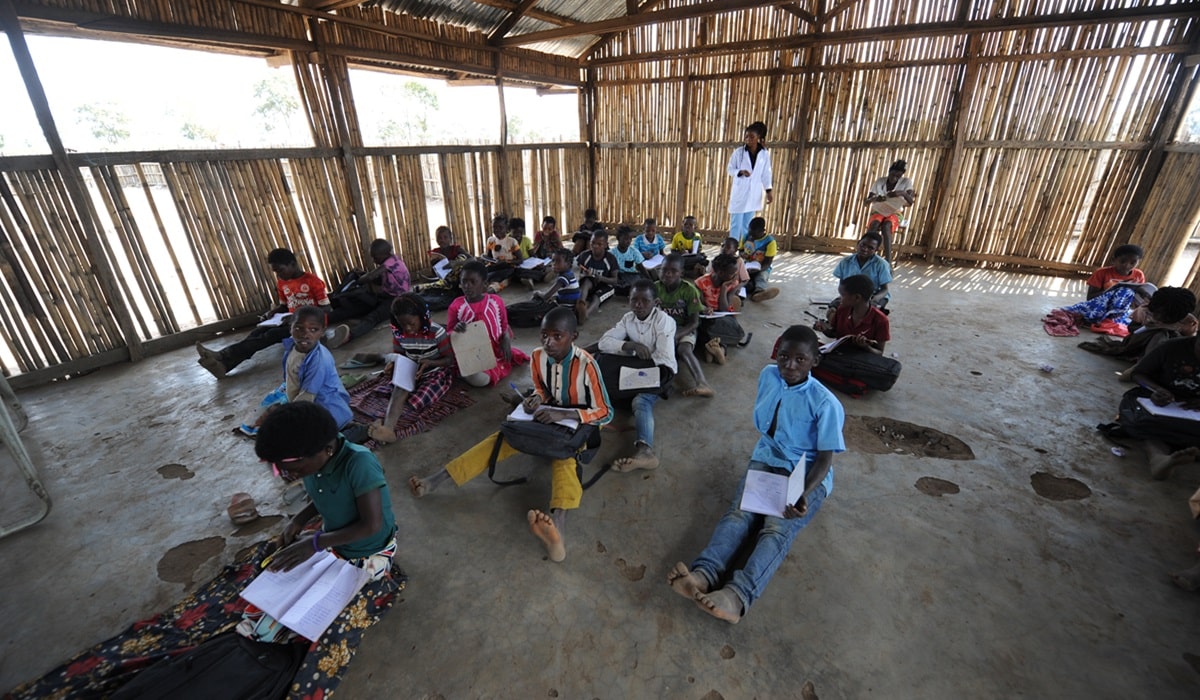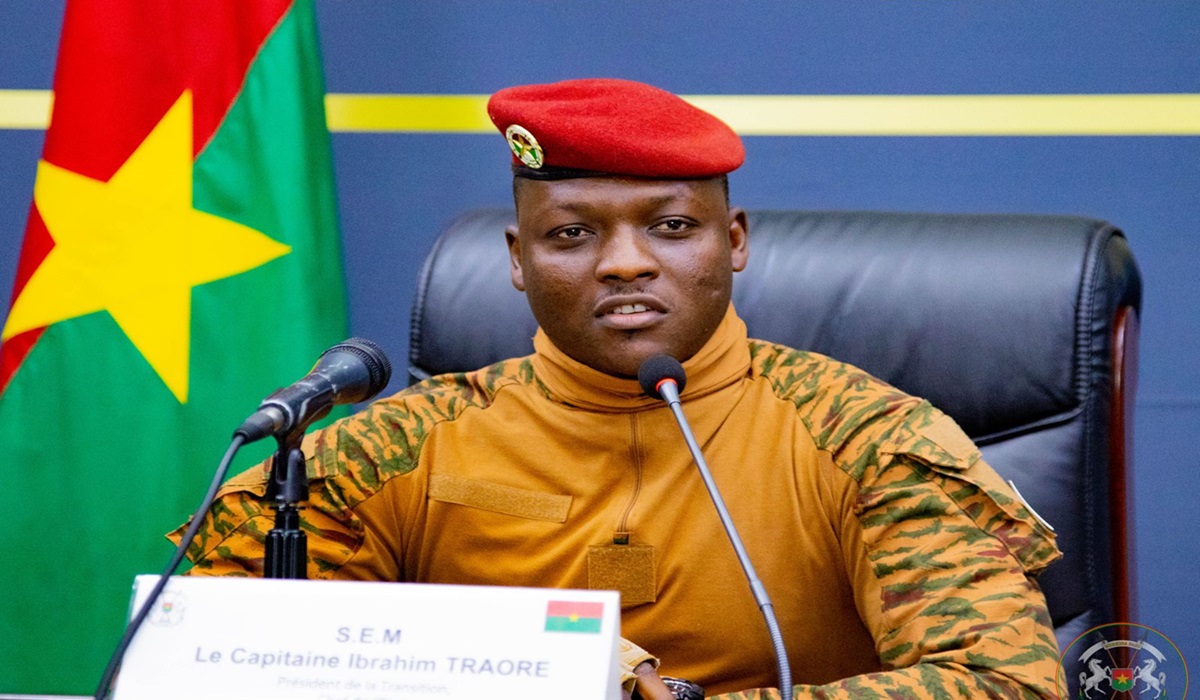PsychHealth empowering mental health problems in poorer communities
COVID-related health care disruptions could reverse decades of improvement, with less than half of the global population covered by essential health services; With lockdowns worldwide, mental health and anxiety are increasing, together with the risk of violence, especially against women and girls; Kayumba Chiwele co-founded PsycHealth Zambia, the country’s first tele-psychological health provider, which offers free 24-hour mental health support during the pandemic.
Since the COVID-19 pandemic hit, the World Bank Group has taken fast action to help strengthen the global pandemic response. Projects are deploying $160 billion in financing, with support tailored to the health, economic, and social shocks countries are facing.

Kayumba Chiwele’s company, PsycHealth Zambia, is one of seven winners from among 2,400 applicants to the World Bank Group’s annual SDGs&Her competition. In partnership with UNDP, UN Women, and the Wharton School Zicklin Center, the competition supports women entrepreneurs around the world, so that they can thrive in their businesses while helping achieve the Sustainable Development Goals (SDGs).
PsycHealth Zambia has partnered with Zambia’s Ministry of Health, the Centre for Reproductive Health and Education, and non-profit organization Lifeline/Childline, to provide free 24-hour tele-center mental health care support during the pandemic. Staff are taking more calls related to financial insecurity, anxiety, gender-based violence, and depression, while training health care workers in psychological first aid, said Kayumba.
Telehealth 24-hours
“Now, more than 50% of our work has moved online. We are supporting vulnerable people through COVID-related mental health concerns, and also finding that they could benefit from our other services,” said Kayumba. More virtual clinics have helped those in rural areas access mental health care during the crisis, she added.
We are supporting vulnerable people through COVID-related mental health concerns, and also finding that they could benefit from our other services
Health care disruptions worldwide are reversing decades of improvement during the pandemic, and less than half of the global population is covered by essential health services. Kayumba believes it is now more important than ever to streamline mental health into primary health care services, supporting SDG 3, Good Health and Wellbeing.
At the same time, as lockdowns around the world increase the risk of violence against women and girls, PsycHealth Zambia’s 24-hour service can be reached by anyone anywhere, supporting SDG 5 towards Achieving Gender Equality. “We desperately need mental health facilities that don’t make people fear asking for help, or think that they might be worse off as a result of seeking help,” she said. The pandemic heightens these concerns.
Beating poverty and stigma
Poverty is also a major barrier to health care. PsychHealth has established Tilitonse, a community-empowerment initiative meaning “we are together,” to build awareness of mental health problems in poorer communities. The company also provides community outreach programs to help reach poorer communities.
Funded through corporate training, and collaborating with partners including local councils, religious leaders, school and nongovernmental organizations, PsycHealth Zambia has screened and provided psychological services to 1,200 vulnerable women and girls. It has also launched awareness campaigns and training on mental health and sexual and gender-based violence.
“Most people keep loved ones at home rather than seeking help, because of stigmas attached to what is generally termed ‘madness.’ Most communities we’re going to are starting to become aware about the different types of mental illness. We also raise awareness about harmful masculinity, encouraging men and boys to be agents for change in gender equality,” said Kayumba.
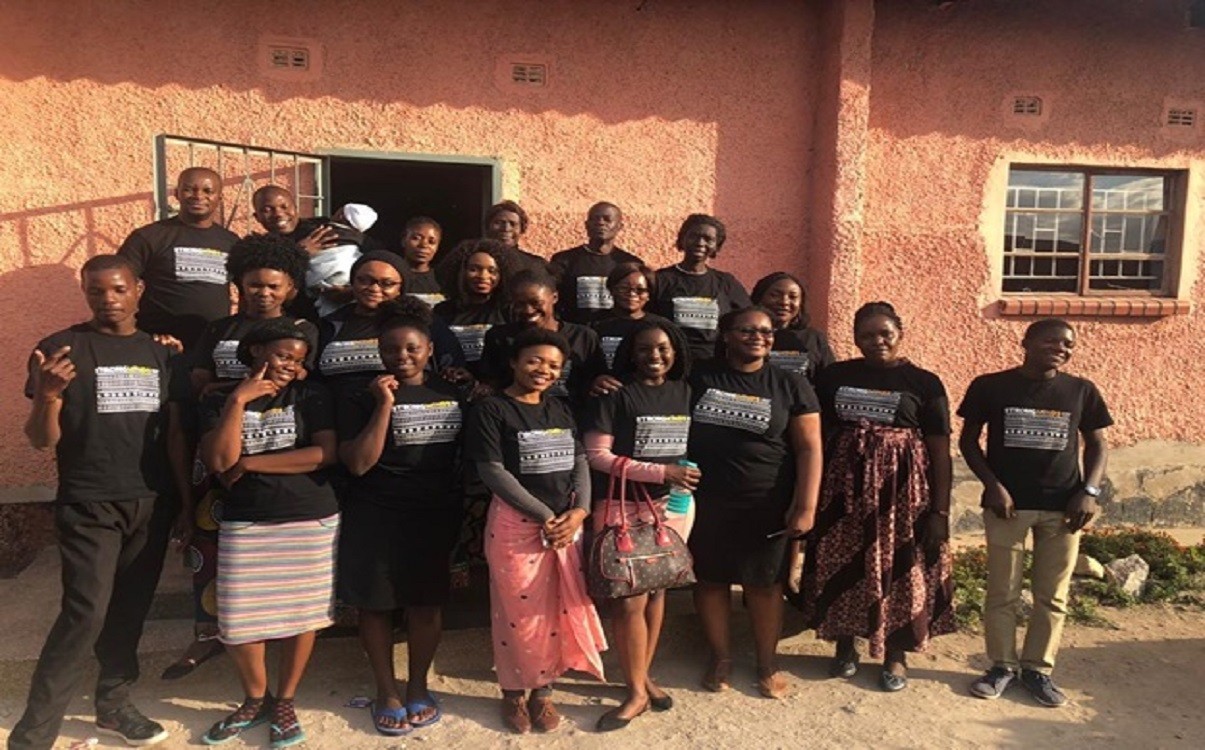
“Being a prisoner in your own mind is one of the worst kinds of pain anyone can ever experience. Knowing I’m able to help is what keeps me going every day. A lot of organizations are growing, and people are beginning to appreciate mental health issues. I’m happy to be part of that change in Zambia,” she added.
In five years, Kayumba dreams of launching Zambia’s first rehabilitation and wellness center to operate at international standards: “Children, women, and men should be aware of mental health issues, and I want to accelerate this process, to change the face of mental health in the country.”
Kayumba plans to take PsycHealth Zambia’s services to all 10 provinces in the country and to establish a safe house for victims of gender-based violence. “I think in life, you should find your passion and bring it to life. I’m playing my part, to bring mental health awareness so that anyone can reach our services any time they need them,” she said.

